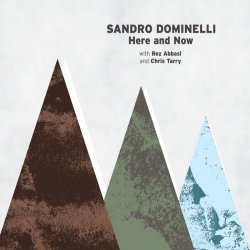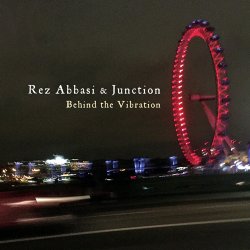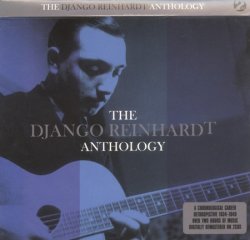Rez Abbasi (born August 27, 1965 in Karachi, Pakistan) is an American fusion and jazz guitarist, music producer, and composer. Abbasi came with his parents to the United States and grew up in Los Angeles. Jim Hall, Pat Metheny, and Bill Frisell were successively his musical influences. He studied at the University of Southern California and Manhattan School of Music jazz and classical music, then he went to India, where he learned from percussionist Alla Rakha.
1987 he moved to New York City, where he has since worked. In 1991 he released his first album, which included the talent of Bob Mintzer, Kenny Werner, Gary Thomas, Peter Erskine, Marc Copland, and Michael Formanek. Since then he has played in the fusion genre, post-bop, hard bop, and jazz standards. Since the mid-1990s, Abbasi has operated as a music teacher and composer. In addition, he has worked as musical director and producer for singer Kiran Ahluwalia on his album Wanderlust (2008). Husband of Kiran Ahluwalia.
-----------------------------------------------------------------------------------------
Adroit guitarist Rez Abbasi had the courage to revivify a few tunes by the iconic swing guitarist Django Reinhardt, an early source of inspiration. He rebuilds these old songs with a perfect contemporary twist, plunging them into fresh, gripping, state-of-the-art environments. Harmonically supported by keyboardist Neil Alexander and having the sensitive drummer Michael Sarin holding down the foundation, Abbasi makes room for both sly rhythmic interplay and fierce improvisation.
Rounding out a program that includes seven Django originals, we have readings of Kurt WeillβÄôs "September SongβÄù, a drum-less experience where the fretless guitar sounds allude to a sitar, and Ion IvanovichβÄôs "Anniversary SongβÄù, here infused with an odd-metered funk-bossa groove and spanking maneuvers in the rhythmic department. Both these tunes were part of DjangoβÄôs repertoire.
The album gets off to a gripping start with the busy activity of "DiminishingβÄù, a funk-fueled mesh of acoustic guitar and synth sounds where swing jazz meets psychedelic rock with a 6/8 feel. Abbasi and Alexander alternate bars, exchanging winding, knotty phrases, and, near the finale, is Sarin who unfurls percussive practices in a vamp-for-drums section. The magnetism of the main melody is impressive, totally unaffected by the trioβÄôs ambiguous direction.
Guitarist and keyboardist also trade creative ideas on "HungariaβÄù, a quite danceable number with a lively spark and a familiar melody. Modernity and tradition go hand in hand, and joyful moments of thudding drum kicks interspersed with cymbal vitality takes us to the end.
"Swing 42βÄù is turned into an engulfing fusion odyssey that serves as a vehicle for AbbasiβÄôs ruminative guitaristic pleasures in the first instance, and then falls into a stirred-crazy rock after Alexander takes the lead. Not averse to dissonance, the latterβÄôs asymmetric lines and jabbed clusters also create an impact on "Heavy ArtilleryβÄù, a piece where a beautiful, Soundgarden-like acoustic guitar intro contrasts with a playful gypsy jazz theme delivered with hints of Monk.
Glitteringly brushed by Sarin, the atmospheric ballad "DjangoβÄôs CastleβÄù is cultivated with emotionally charged solos shaped in accordance to its laid-back ambience.
Displaying his extraordinary musicianship and specialized arranging skills, Abbasi oozes authenticity from every phrase he utters. This is a sensational tribute to DjangoβÄôs compositional character and influential music.



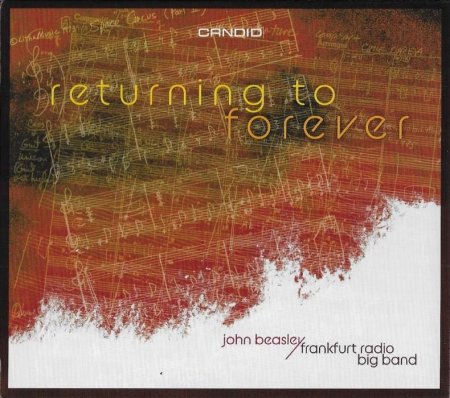
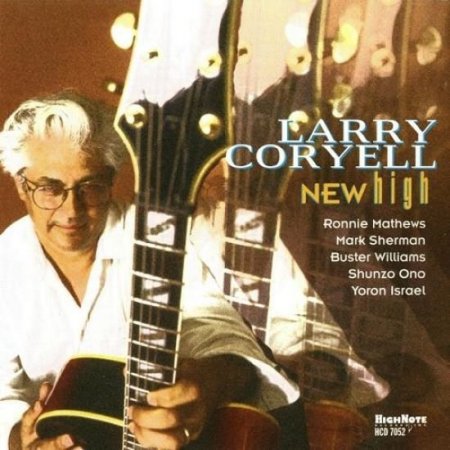
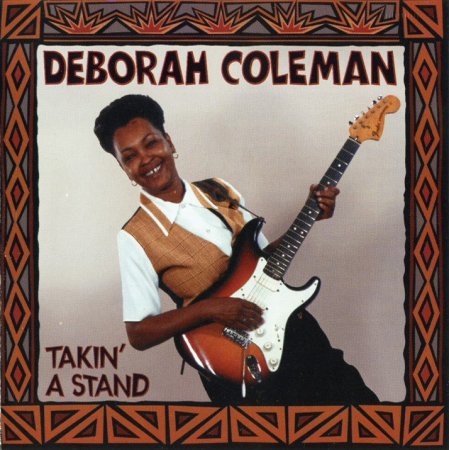
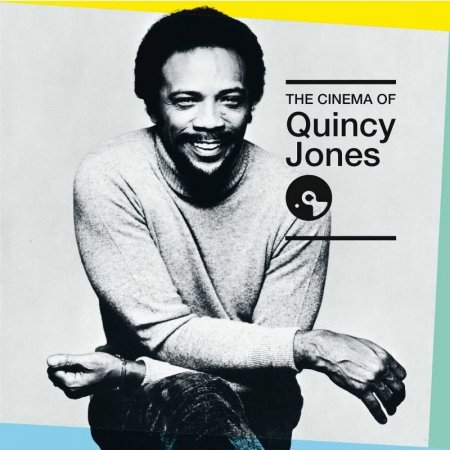
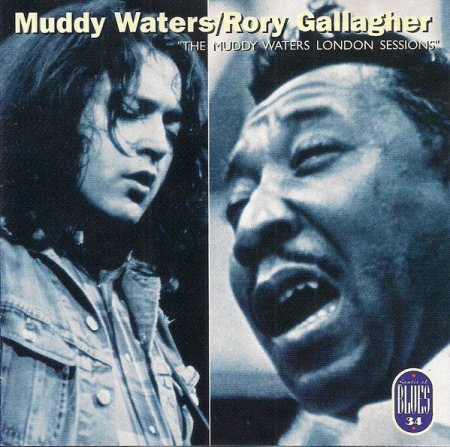


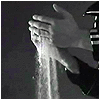







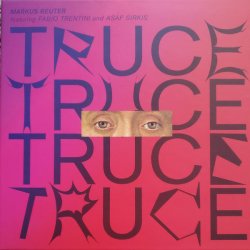
![Label (Catalog#) : OWL [OWL062CD] Genre:](/uploads/posts/2019-10/thumbs/1570815853_front.jpg)
